|
Our failure to acknowledge what we don’t know slows racial healing In our new-ish world of instant reaction and gratification, far too many people have forgotten how to say the three magic words we all want to hear from time to time. I Don't Know! This failure to acknowledge what we don't know or understand impacts every aspect of society, but it's particularly problematic when it comes to understanding racism and what other people experience.
This piece dives into the I Don't Know phenomenon and offers some guidance on how we can fix it.
0 Comments
Self-reflection is a critical part of ending racism We can’t forget to self-reflect as part of our efforts to end racism. What are we doing in our personal lives to support or contradict society’s pervasive racism? Have we taken it upon ourselves to read books to learn more or listened to informative podcasts? Have we genuinely befriended people who are different than ourselves? Instead of reacting on social media, have we taken time to understand where someone else’s trauma is coming from? Using the superheroes The Thunderbolts as a backdrop, this piece explores self-reflection as a part of social justice.
Ending the cycle of racial bias introduced through books We spend time as parents previewing movies to determine whether they are appropriate for our kids. We concern ourselves, rightly so, with whether a tv show or movie or even video game has too much sex or violence for our young children. But we forget to also be as concerned about whether the books we're reading to our children contain negative images, or lack positive images, when it comes to race. This piece dives into how we can be intentional about what books we read to our kids so they don't suffer from the same unconscious bias we were trained to have.
Lessons in self-defense The media over and over displays images of Jews being nerdy. Jews as accountants with pencils and calculators in their pockets. Or people who can be pushed around. People who aren’t tough enough to fight back. These repeated stereotypes affect how non-Jews perceive Jews and, frankly, how many of us Jews see ourselves. This article shows why those stereotypes are not only dangerous, they're false.
Part of loving one’s country is wanting to redress its wrongs Rapper Pitbull again said that anyone who criticizes America should think about moving to Cuba and see how much they like it.
But Pitbull misses the point. Our standard for a great America isn't whether we're better that North Korea, Iran and Cuba. It is patriotic to want true history to be taught to our children. It's patriotic to critique America so it can improve its ways. It's patriotic to fight for social justice for all of its citizens. This essay breaks this down. We won’t achieve true justice for anyone until Jews are included in social justice There’s this bizarre bias, especially among the social justice left, that Jews live in their own post-racial world. Where their ethnicity and identity aren’t worth our protective efforts. Where the Jewish experience is no different than the white experience.
Forget that white Jews are just 70 years from their slaughter where they weren't white enough or that they endure more hate crimes than any other religious group despite being only 2% of the U.S. population. Half of the world's Jews and 60-65% of Israeli Jews aren't white anyway. They are Jews of color. This essay explores Jewish identity and why it's time to literally stop whitewashing Jewish identity. Mark Twain once said that travel is the cure to racism Travel is one of my favorite things in the world. On a deeper level, it allows us the opportunity to meet and get to know people who are not the same as us. The unintentional result is that we get to undo ingrained unconscious bias we have towards others.
This essay uses my 2021 visit to Istanbul to highlight the idea of ending racial and ethnic distancing to eradicate our deep biases. Blacks and Jews once modeled a path to end racial distancing To escape the horrific racism and systemic oppression in the South, beginning in 1916, millions of southern Blacks migrated north and west to places like Chicago, East St. Louis, Compton, Oakland and Baltimore. And to Harlem, which at the time was home to a sizable Yiddish-speaking Jewish community, also trying to make their own way in a still challenging America. Blacks and Jews were each other’s neighbors, customers, and employers.
One result of that was Black men and women becoming Jewish cantors. Cantors lead the Hebrew (and back then Yiddish) prayer songs on the Sabbath and Jewish holidays. This odd entry into Jewish religious life presented an opportunity for Jews and Blacks to get to know each other and end what I call racial and ethnic distancing. This essay explores that fascinating time in our history. Don’t wait until something happens to you This essay explores how we can change the way we care about others’ tragedies. Change the way we practice empathy when someone else cries out in pain. Let’s give some urgency to the challenges confronted by others and their families. We can take more seriously when someone says they are being treated unfairly.
In the aftermath of a horrific criminal murder at my son's Jewish school in Denver, Colorado, it's time we start figuring out empathy. We can't afford to wait until something happens to us to start caring about others. The stars and stripes of racism 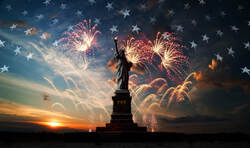 Independence Day for me as a kid was always a joyous occasion. Beautiful red, white, and blue flags everywhere. Burgers and hot dogs. Lighting sparklers. Sitting on blankets in a field watching fireworks. Columbus Clippers baseball games.
But for some people, it wasn't all picnics and barbecues. This essay delves into systemic racism and how we can begin to heal. It's about understanding and trust Do-gooders have come out of the woodwork since the tragic murders of George Floyd, Breonna Taylor, Ahmaud Arbery, and others.
For most of us fighting for social and racial justice, it’s a welcome and long overdue awakening. Black and brown people have waited years for a national outcry like this. For people to take to the streets. Protest. Speak up. Vote. Never in the United States’ two and a half centuries of existence has there been this level of simultaneous compassion and outrage. It’s a great renewal of the civil rights activity of the 1960s. Respecting Jews and Palestinians This essay delves into the definition of Zionism and the historical and indigenous connection of the Jewish people to Israel. Zionism isn’t what you think it is. It’s simply the ideology that the Jews have a right to return to their original home. The birthplace of the Jewish people. The land from which they were exiled multiple times. Before Jews ultimately spread to every corner of the world (places like Morocco, Yemen, Iraq, Russia, Germany, Poland, Spain, Brazil, Portugal), Jews were living in the land of Israel under numerous Jewish kings and other rulers.
DOLLS MAY SOUND TRIVIAL, BUT IT’S THINGS LIKE CHILDREN’S TOYS THAT HELP FORM UNCONSCIOUS VIEWS OF OURSELVES AND OTHERS Images form much of our unconscious bias. And unconscious bias is what us humans base most of our decisions on. Like it or not. Whether it’s an untreated childhood trauma. Bad experiences in relationships. Or even race and gender. The images we are fed from early childhood form our unconscious views. Jeffrey Kass uses the history of Black dolls in America to show how these images can negatively impact not only how white people view Black people, but also how Black people view themselves. It impacts self-esteem.
HOW ABOUT ALL YEAR ROUND Black History Month obviously is an important time to learn about the challenges and contributions of Black people in America. But those contributions are far more than just the civil rights movement. Black Americans have been far more involved in America’s advancement than most of us have been taught. This essay dives into why Black history needs to be taught as part of American history and not just in one short month of the year.
This is an interview conducted by Megan Marini. Megan helps high-achievers, who know that there is untapped potential within, face what holds them back and bring their mind/body back into balance, so that they can operate at peak performance. Below is Megan's unedited version of her interview! And for more on Megan's podcast or coaching head over to our HQ: www.meganmarini.com HUMANIZING HUMANS ONE MEAL AT A TIME One of the biggest reasons we have so much disconnect in America is that Black and White folks aren’t taking time to get to know each other on a personal level. This essay advocates for starting with a meal. Not politics. Not issues. Not solutions. Just breaking bread with someone. We often talk over people who are different than ourselves. Like two ships passing in the night with so much lack of understanding of the other. It’s too easy to react to a news story or a traumatic event about another group if we haven’t taken the time to know people from that group on a deeper level. It all starts with a meal, argues author Jeffrey Kass in this essay.
THE ROADMAP OUT. A JEWISH PERSPECTIVE People often ask what can I do to help end systemic racism and injustices. There are many layers to this, but Kass delves into why mindfully supporting Black-owned businesses is one important step in the path to real progress. He uses the backdrop of the Jewish experience coming to America and how they used support for their businesses to move up the American ladder.
HOW THE TERMS WE USE IMPACT THE PACE OF CHANGE Social justice warriors may be well-intended but sometimes the words chosen to advance the cause of justice end up having opposite consequences.
This essay explores why words matter. When we call something genocide or apartheid, what does that mean? When we use words like diversity and inclusion, what does that mean? Our word choices impact how fast we will heal so many of our world’s problems. There’s been much talk of white privilege. The phrase tends to send many white folks, who themselves have endured life’s challenges, into a denying tailspin. There obviously are poor whites. Whites who have been incarcerated. Whites who have had rough childhoods. Etc. This essay discusses the importance of the language and methods we use to advance the cause of social justice. To help cure our country’s dark racist past. But Kass also dials down the offense at phrases like white privilege and instead urges people to have empathy for others’ experiences.
The town hall aired on Wednesday, June 3 on 9Listens. You can watch it again on the video player attached to this story.
Author: Allison Sylte
Published: 6:59 PM MDT June 2, 2020 Updated: 8:41 PM MDT June 3, 2020 DENVER — The “9LISTENS: Racism and the Road to Change” town hall brought together multiple different voices who discussed race in Colorado, the death of George Floyd and where we go from here. Those voices ranged from Elisabeth Epps of the Colorado Freedom Fund, who has marched alongside protesters in downtown Denver, to Denver Police Chief Paul Pazen, who heads an institution many demonstrated against and Jeffrey Kass, a thought-Leader On Race, Society, and Culture as well as an Award-Winning Author. |
READING THE ESSAYSArticles and videos here may appear in their entirety at other media outlets. Just click the READ MORE link for more details. Archives
February 2023
Categories
All
|
|
© 2022 Jeffrey Kass All Rights Reserved
|
WEBSITE DESIGN BY: Hyer.Media
|
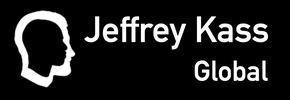
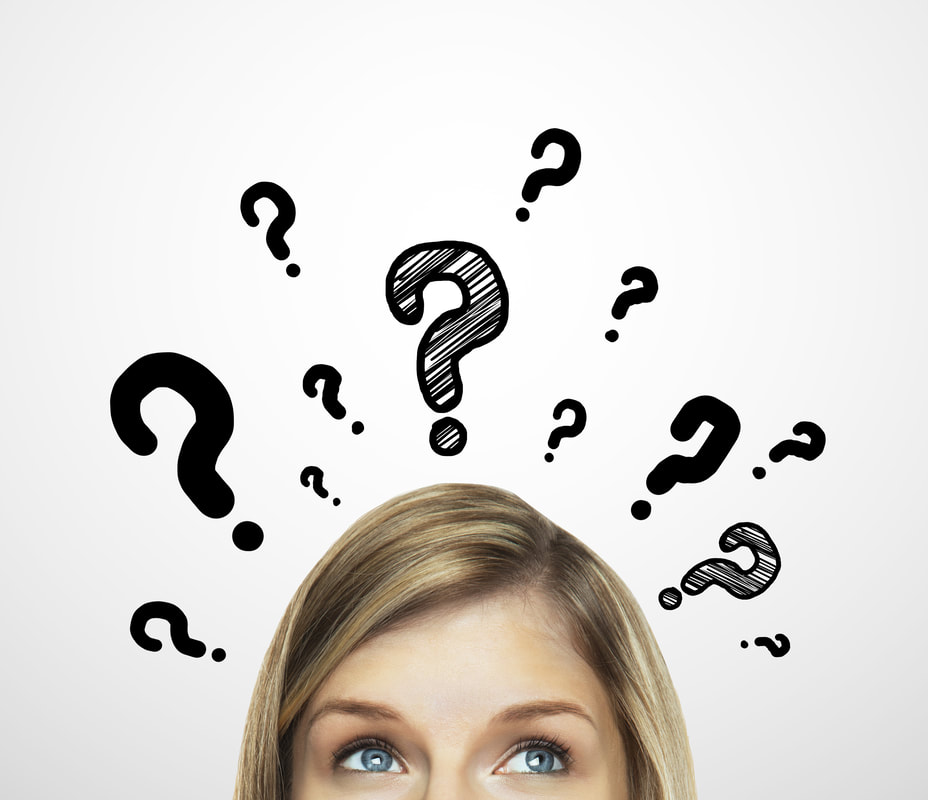
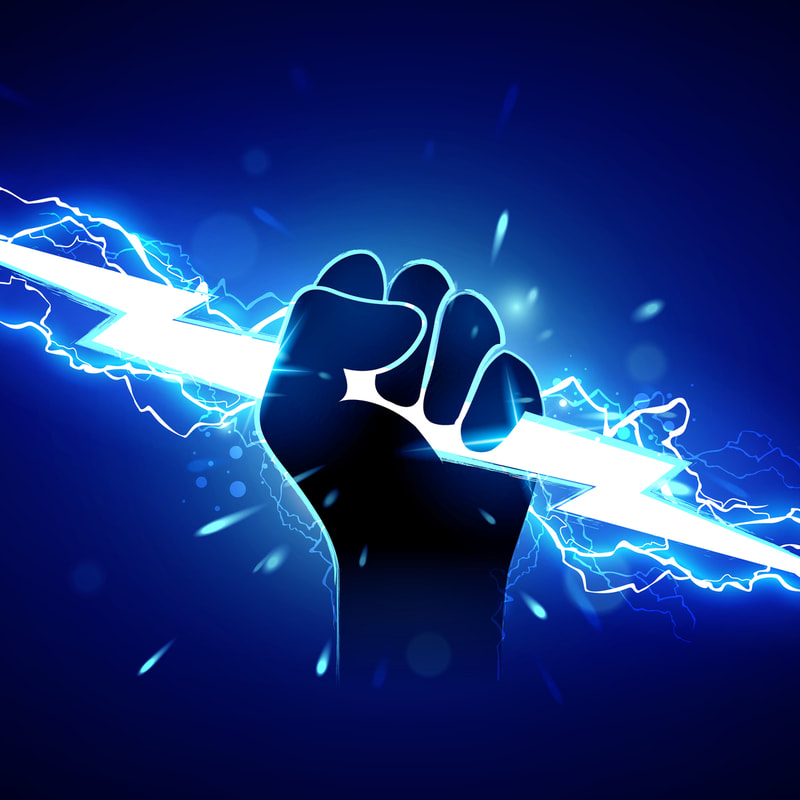



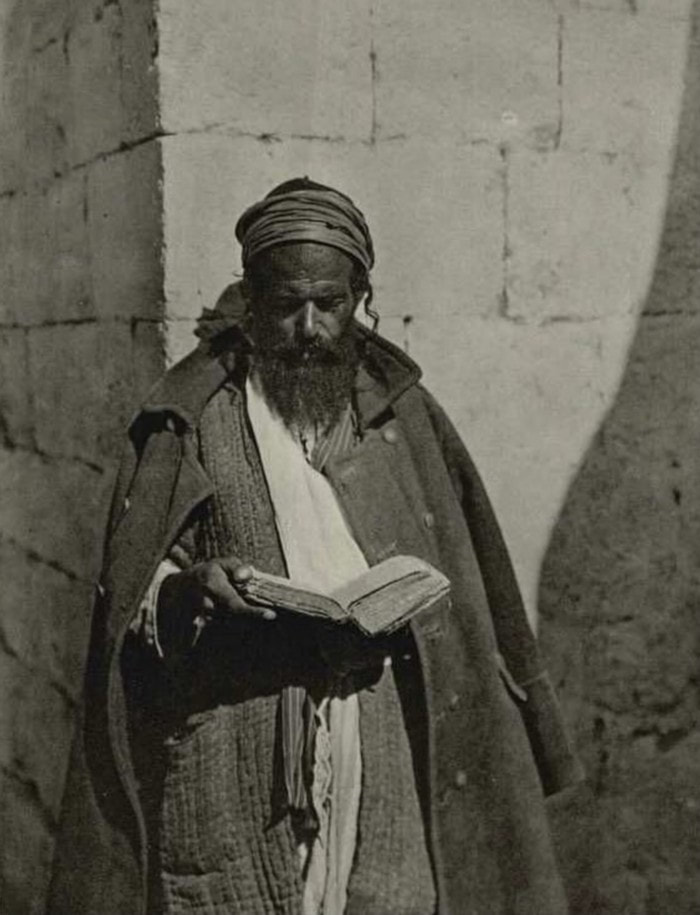
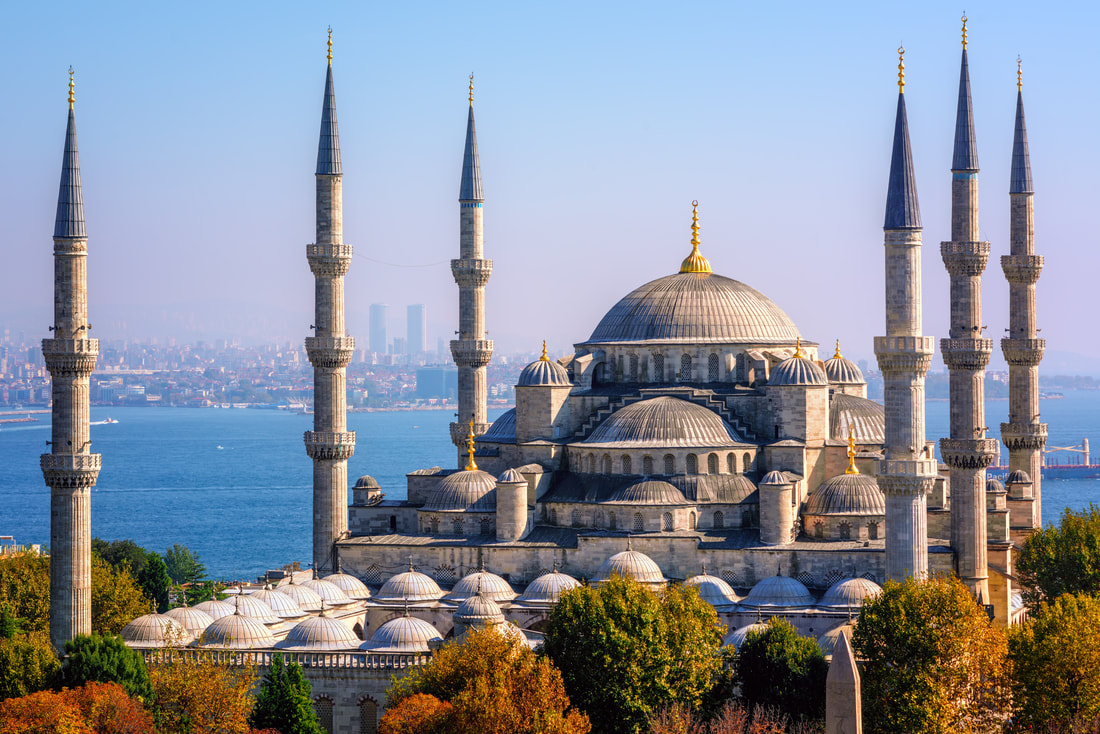


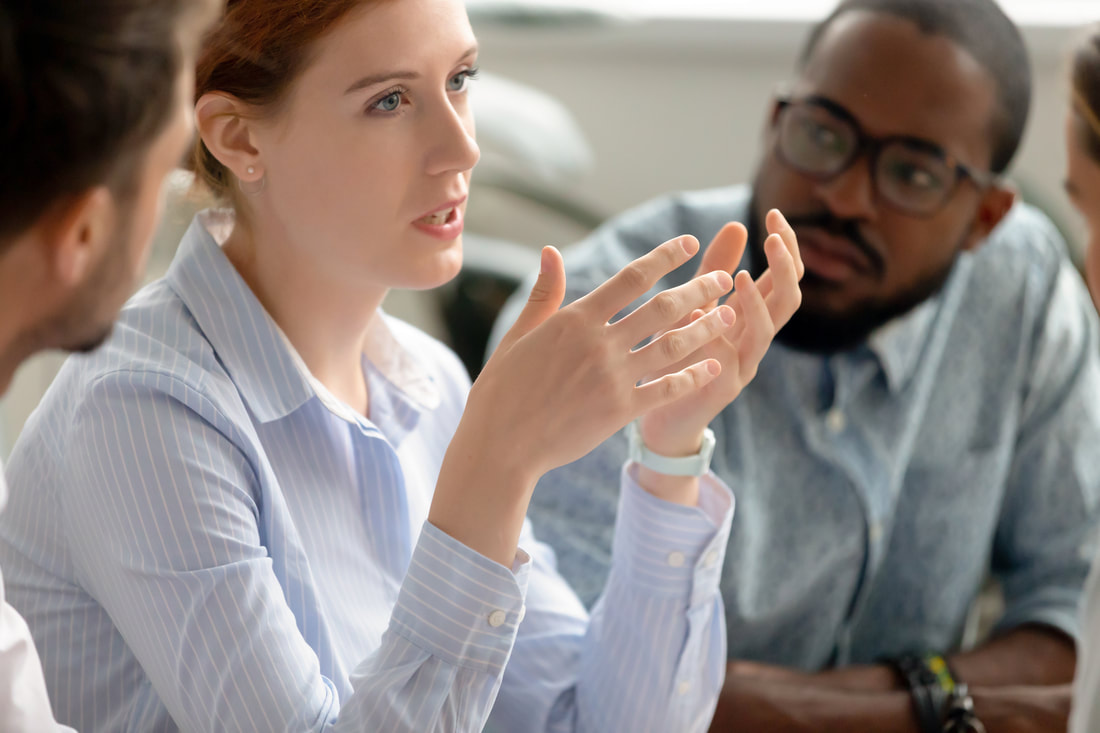
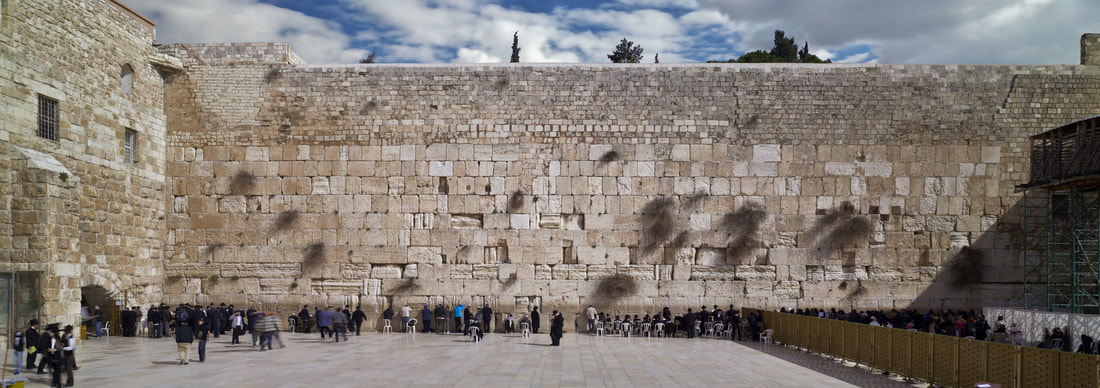
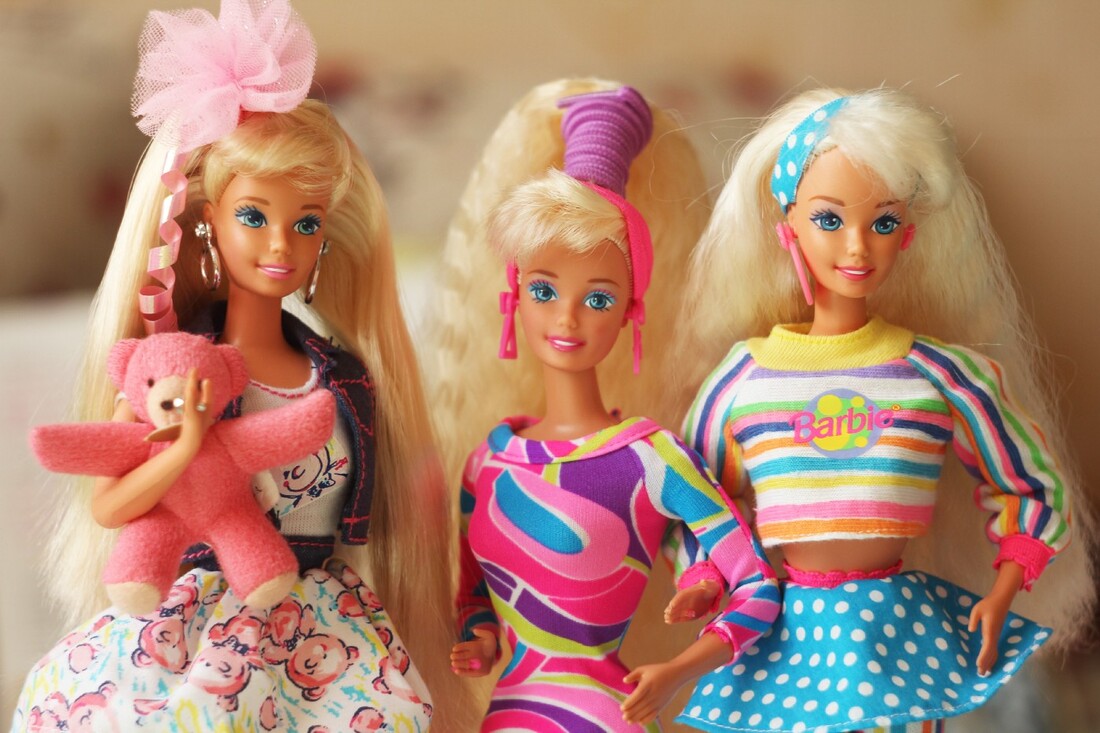

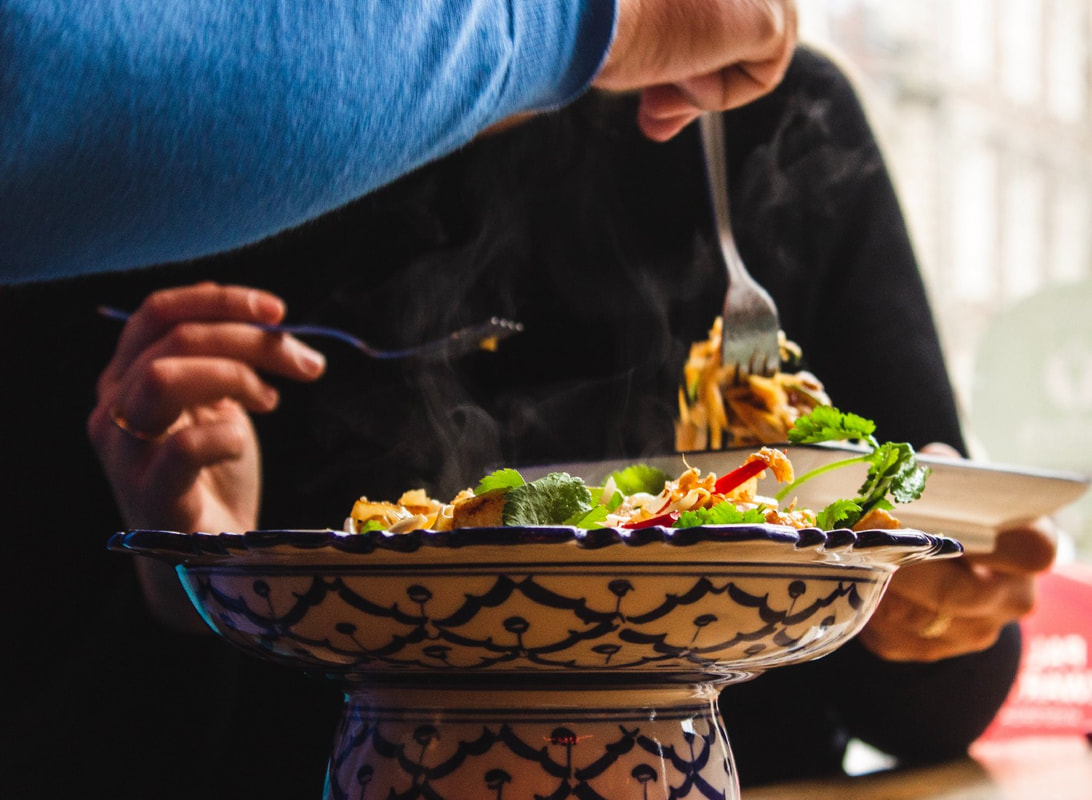
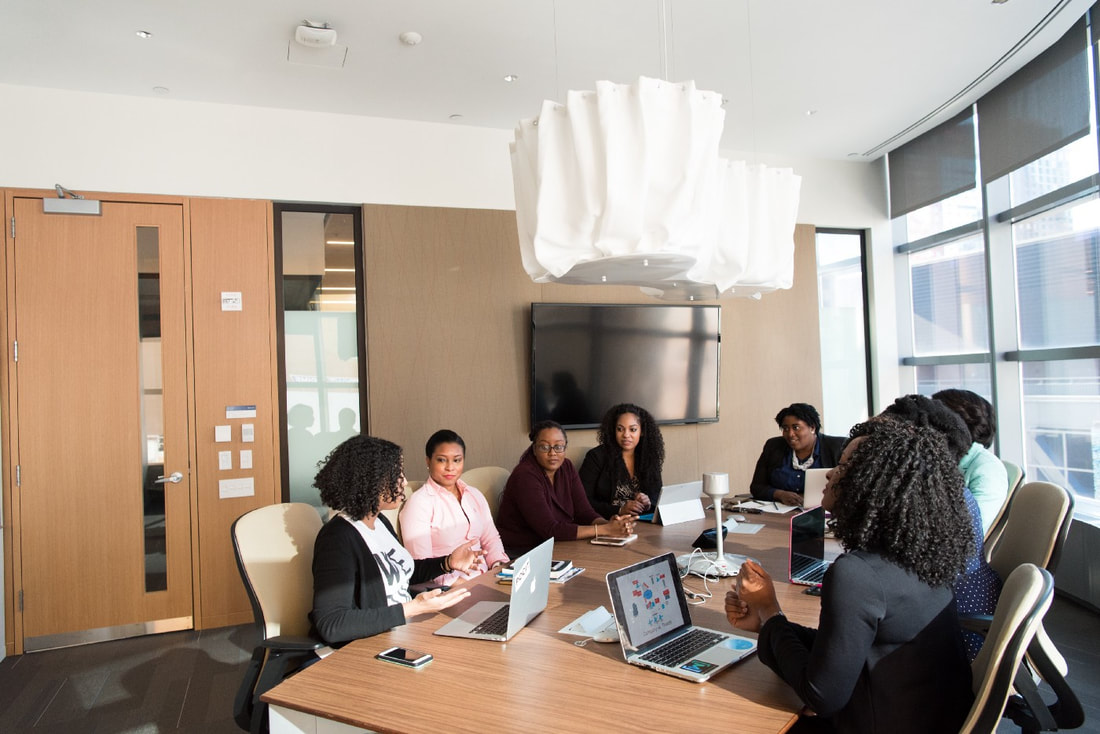
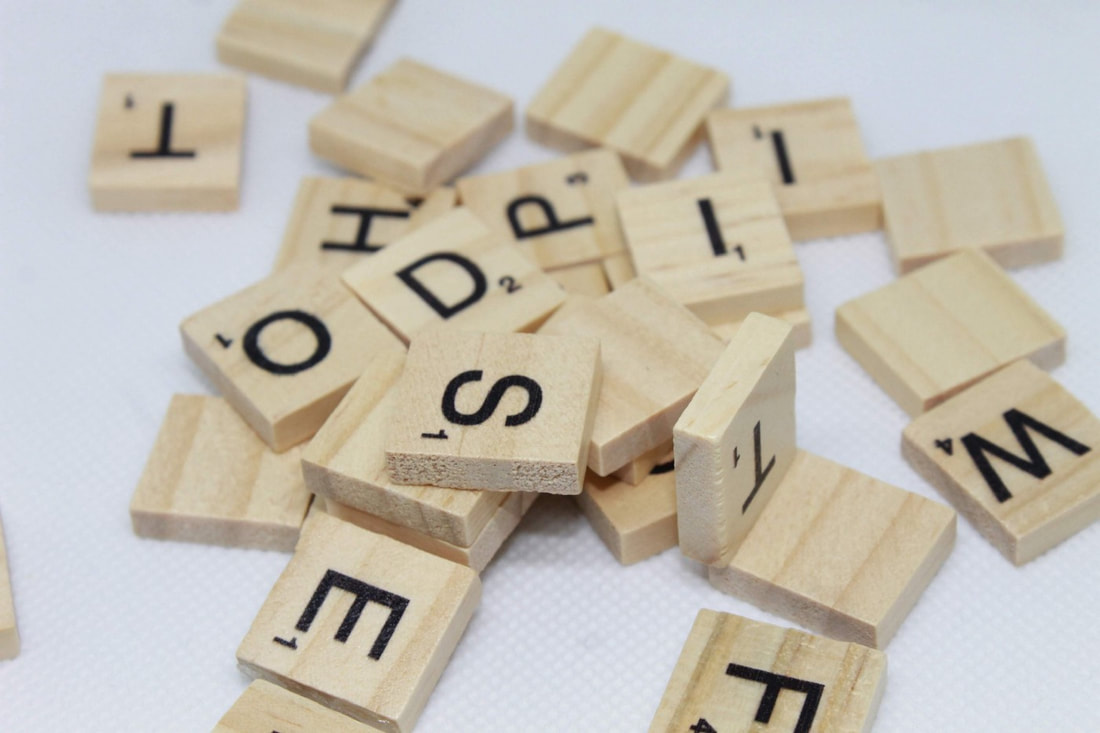
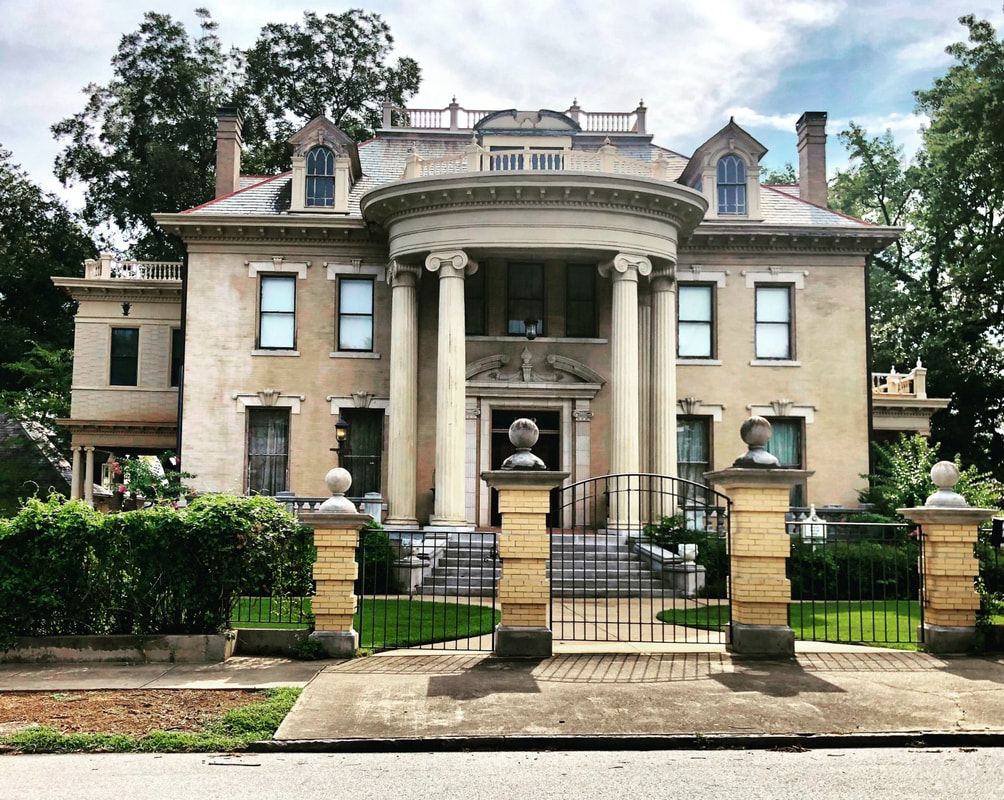
 RSS Feed
RSS Feed